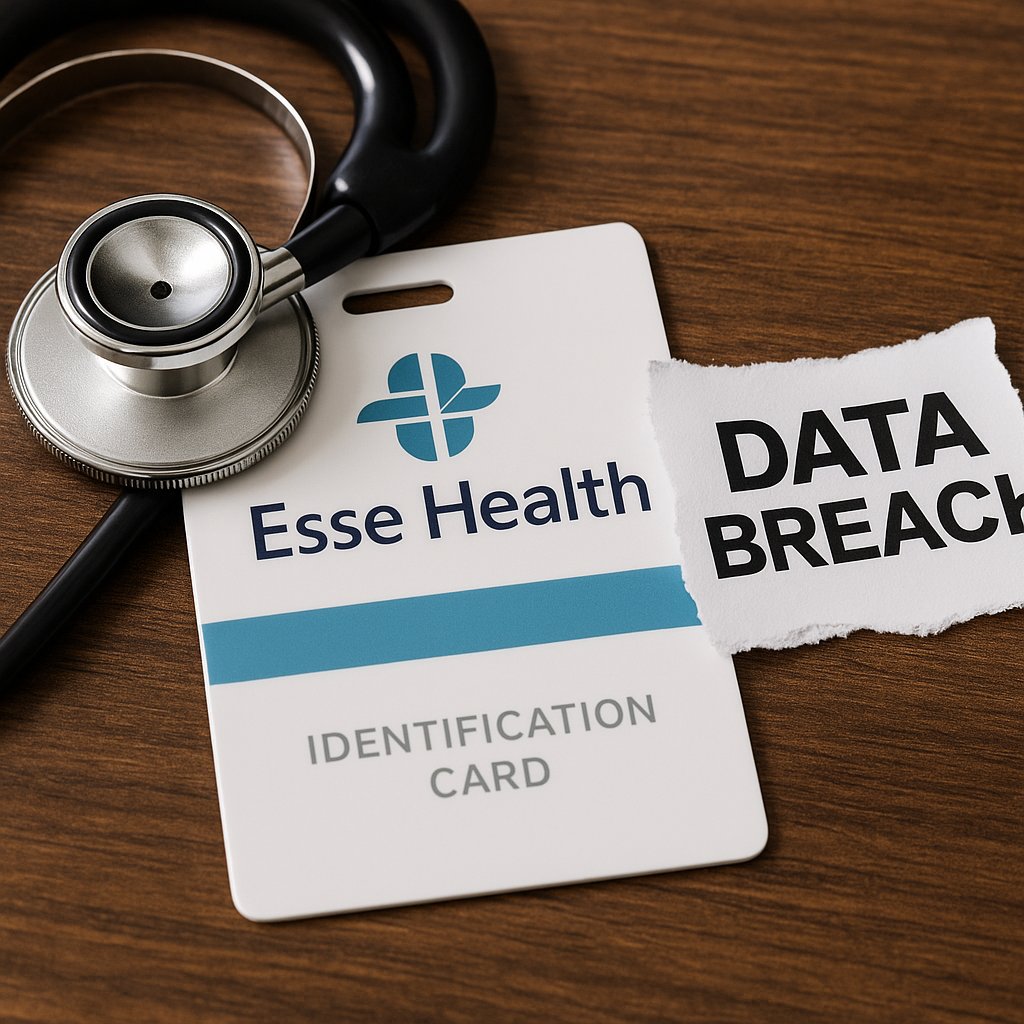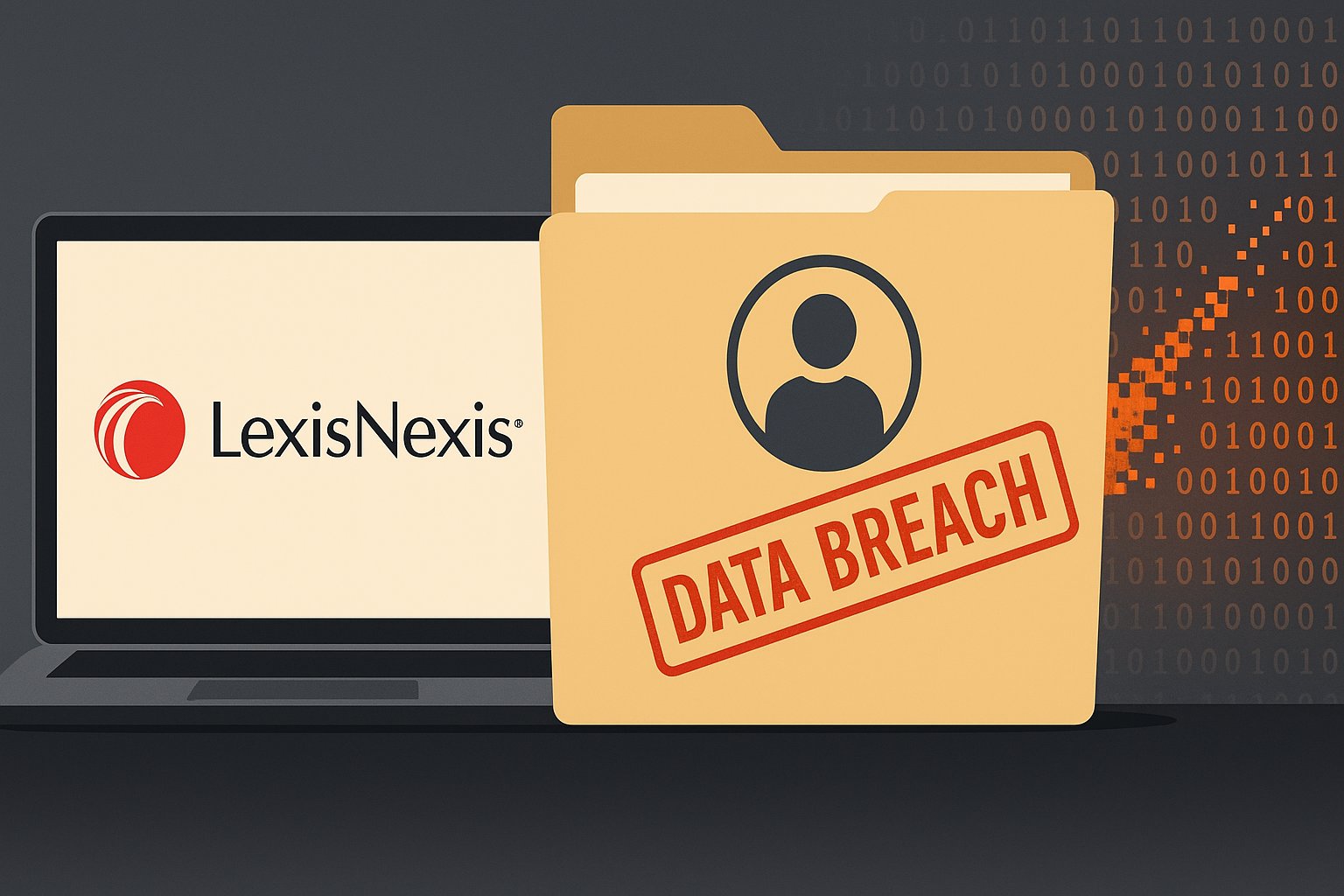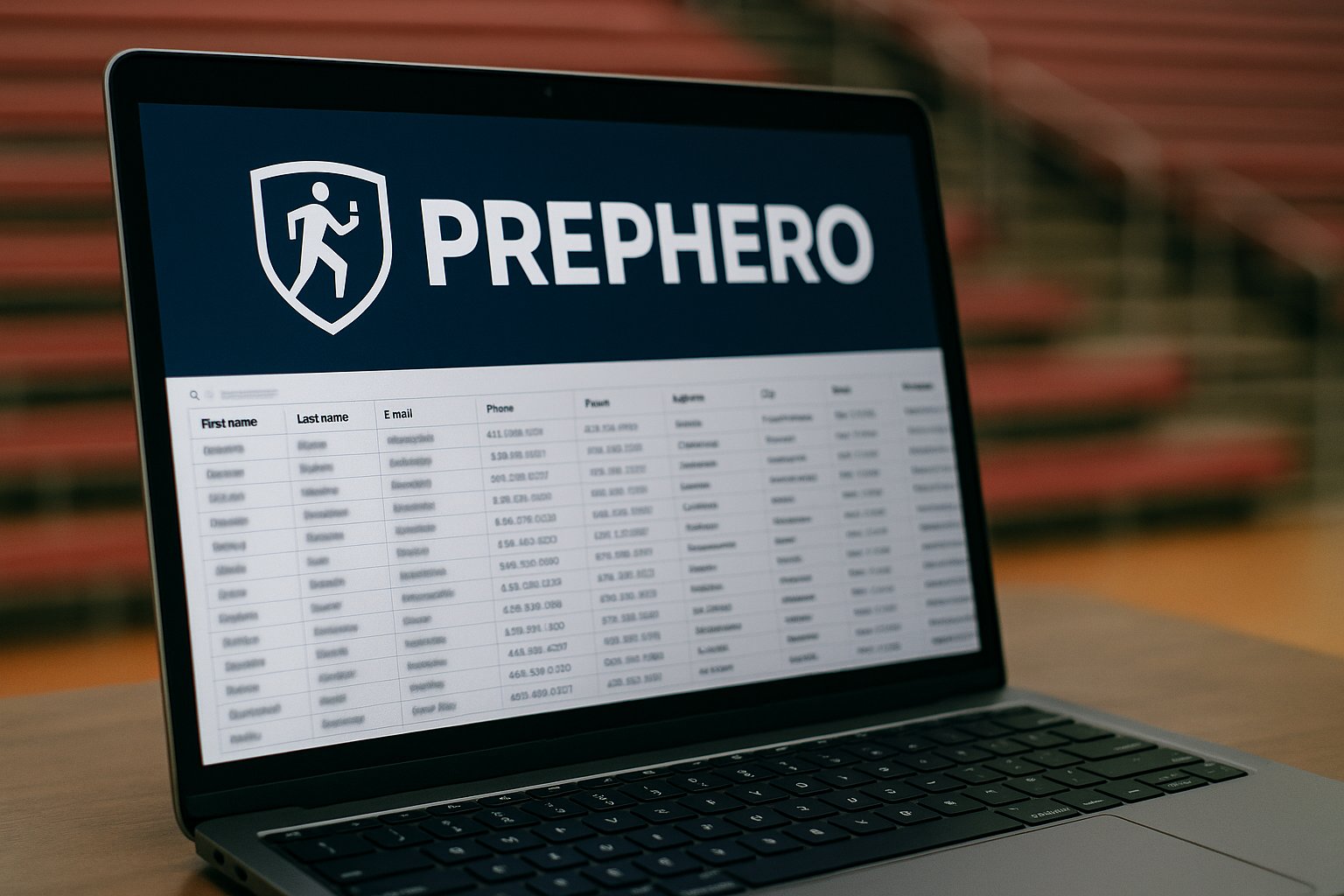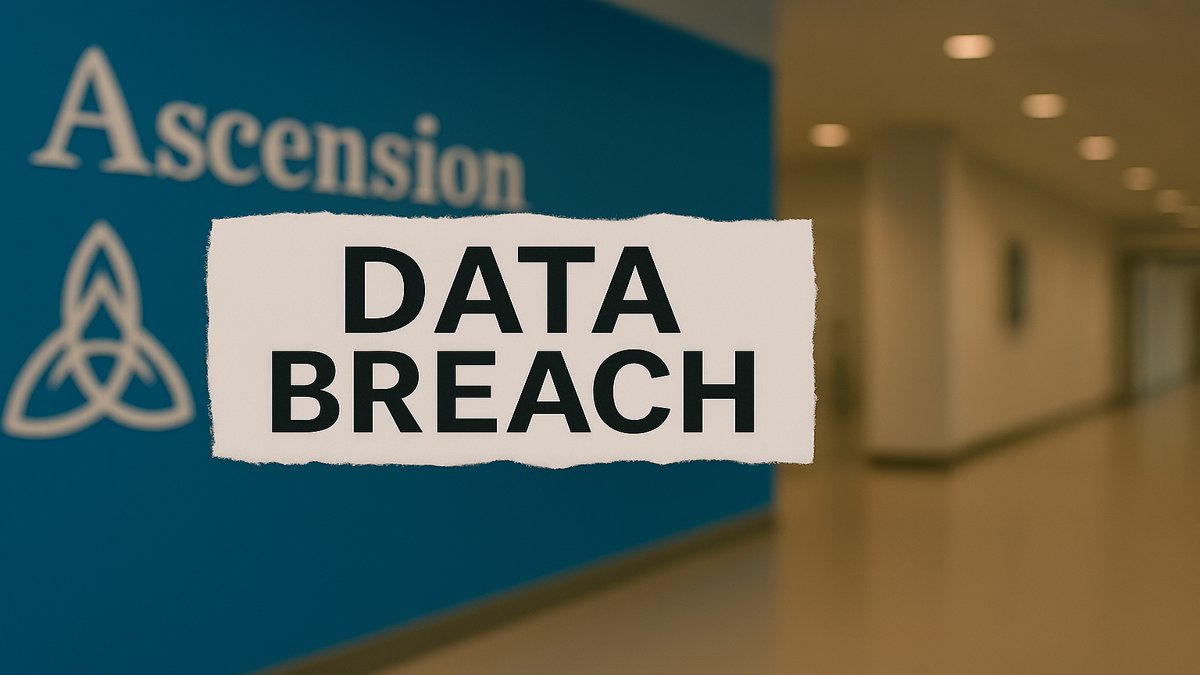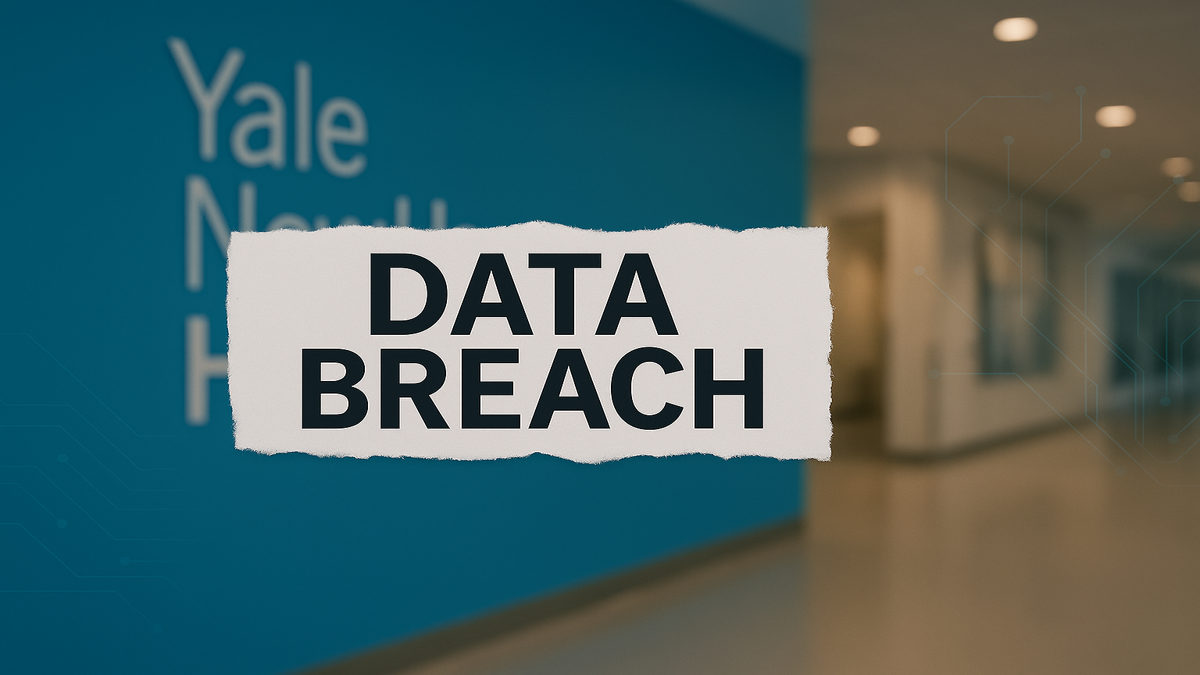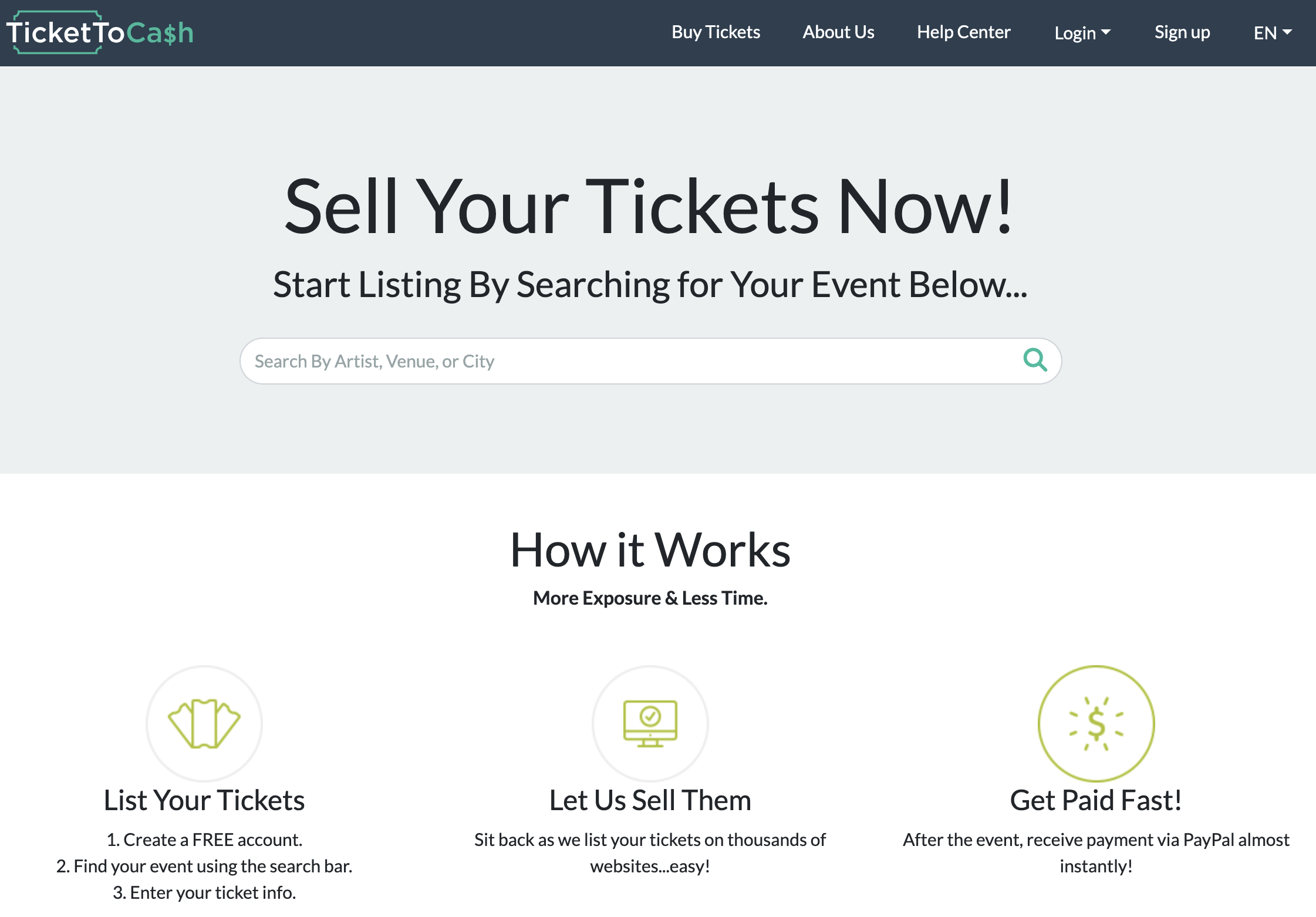identity theft
-
Esse Health Reports Data Breach Affecting Over 263,000 Patients
Esse Health has reported a data breach impacting over 263,000 patients in a cyberattack that began on April 21. The healthcare provider reassures patients that their information is being protected and offers free identity monitoring services.
-
LexisNexis Reports Data Breach Impacting Over 364,000 Individuals
LexisNexis Risk Solutions has disclosed a data breach impacting over 364,000 individuals, revealing that personal information such as names and Social Security numbers was stolen from a GitHub account. The company emphasized that no financial information was compromised and is offering two years of free identity protection to those affected.
-
Security Lapse Exposes Millions of Student-Athlete Records on PrepHero
A security lapse on PrepHero has exposed the personal data of over three million student-athletes and coaches, raising significant privacy concerns.
-
Major Data Breach Affects Hundreds of Thousands of Americans
A major data breach at Kelly Benefits has compromised the personal information of over 413,000 Americans, raising serious concerns about identity theft and fraud, as the firm offers credit monitoring services to affected individuals.
-
Ascension Healthcare Data Breach Exposes Information of Over 430,000 Patients
Ascension has disclosed that a data breach has compromised the personal and healthcare information of over 430,000 patients, prompting the organization to offer free identity monitoring services to those affected. The breach, linked to a former business partner, has raised concerns about data security in the healthcare sector.
-
Major Data Breach Exposes Personal Information of 5.5 Million Patients at Yale New Haven Health
Yale New Haven Health reported a data breach affecting over 5.5 million patients, exposing sensitive personal information and prompting a legal disclosure and investigation by cybersecurity experts.
-
TicketToCash Database Leak Exposes Personal Information of 520,000 Customers
A severe data breach at TicketToCash has left the personal information of 520,000 customers exposed, including partial credit card details and other sensitive data, raising concerns about privacy and security.
-
WK Kellogg Co Reports Data Breach Linked to Clop Ransomware Gang
WK Kellogg Co has reported a data breach linked to the Clop ransomware gang, exposing sensitive employee information. The breach stems from vulnerabilities in Cleo file transfer software, prompting the company to offer identity protection services to affected individuals.
-
Florida Man Pleads Guilty in High-Profile Cryptocurrency Theft Linked to Scattered Spider Gang
Noah Michael Urban, a Florida man connected to the Scattered Spider hacking gang, pleaded guilty to cryptocurrency thefts totaling over $800,000. His crimes included SIM swap fraud and aggravated identity theft, resulting in significant losses for victims. Urban, known as ‘King Bob,’ faces restitution of $13 million and awaits sentencing within 75 days.

